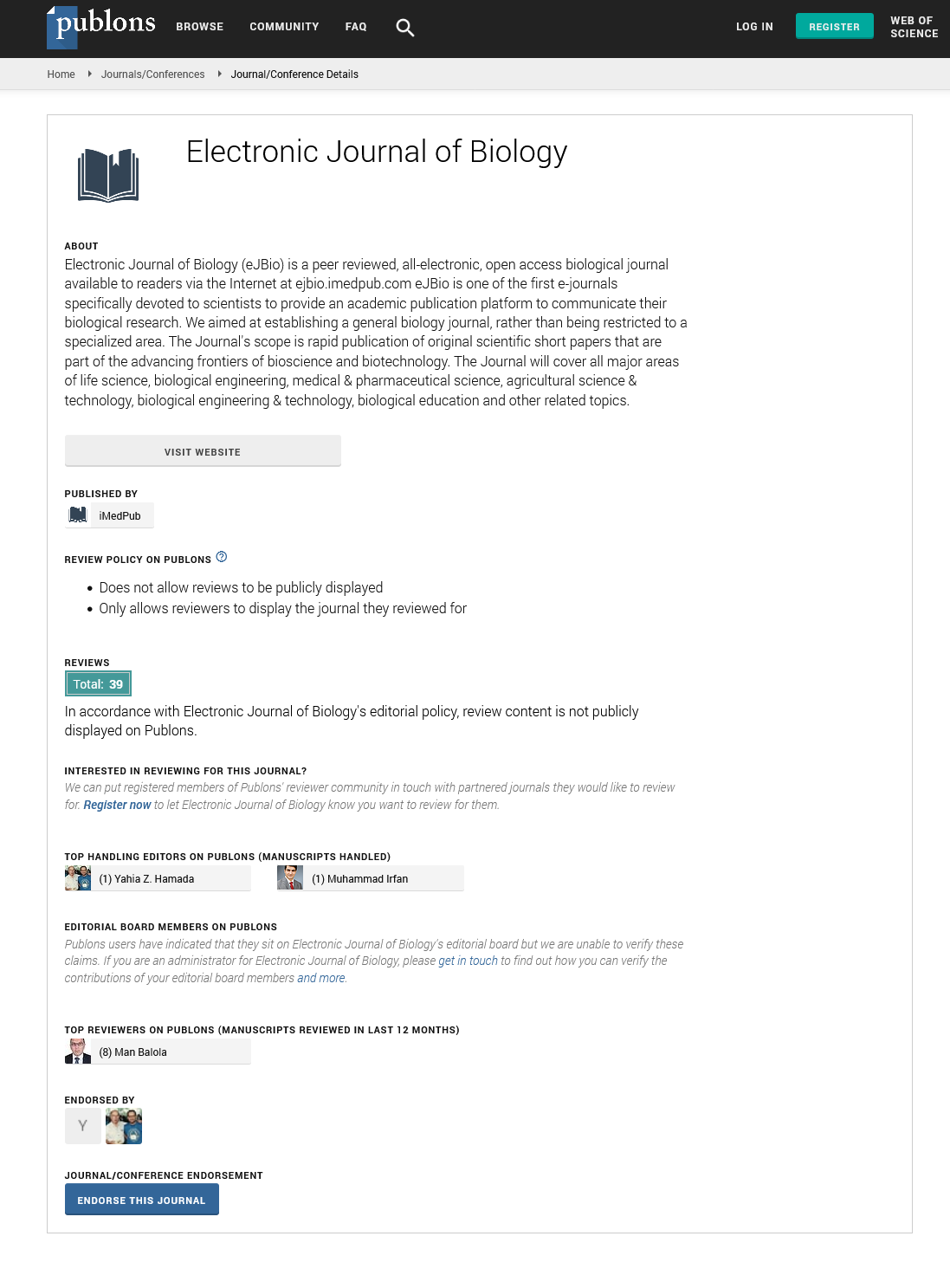Abstract
Nitrates and Calcium Channel Blockers have Protective Effects against Pain and In-Hospital Complications after ST-Segment Elevation Myocardial Infarction
Background: Acute myocardial infarction (AMI) is the primary consequence of cardiovascular disease. Mortality after AMI is high due to complications from ischemic chest pain. Interventions to control ischemic chest pain after AMI should have the attention of health care providers and researchers. Therefore, the purpose of this study was to check the effect of nitrates and calcium channel blocker use on pain level and complications after AMI. Methods and findings: A prospective design was used. The sample consisted of 380 patients with a confirmed diagnosis of ST elevation AMI. Pain level was assessed in the emergency room prior to the occurrence of any complication or receiving any medication. All other data were abstracted from medical records after the patients were discharged. 21.1% of the sample developed at least one complication during hospitalization. The mean score for severity of chest pain was 6.3 ± 2.6. The stepwise regression showed that the use of nitrates and calcium channel blockers has a protective effect against the severity of ischemic chest pain. Previous myocardial infarction and severity of chest pain increased the risk of developing complications by 191% and 111%, respectively. On the other hand, the use of beta blockers, nitrates and calcium channel blockers has a protective effect against these complications, odds ratios were: 0.91, 0.93 and 0.88, respectively. Conclusion: Nitrates and calcium channel blocker can be used as alternatives/additional therapy for ischemic chest pain treatment in patients with ST elevation AMI.
Author(s):
Mohannad Eid AbuRuz
Abstract | Full-Text | PDF
Share this

Google scholar citation report
Citations : 5001
Electronic Journal of Biology received 5001 citations as per google scholar report
Electronic Journal of Biology peer review process verified at publons
Abstracted/Indexed in
- Google Scholar
- China National Knowledge Infrastructure (CNKI)
- CiteFactor
- Electronic Journals Library
- Zoological Records
- WorldCat
- Proquest Summons
- Publons
- MIAR
- Openaccessarticles.com
- Secret Search Engine Labs
Open Access Journals
- Aquaculture & Veterinary Science
- Chemistry & Chemical Sciences
- Clinical Sciences
- Engineering
- General Science
- Genetics & Molecular Biology
- Health Care & Nursing
- Immunology & Microbiology
- Materials Science
- Mathematics & Physics
- Medical Sciences
- Neurology & Psychiatry
- Oncology & Cancer Science
- Pharmaceutical Sciences


